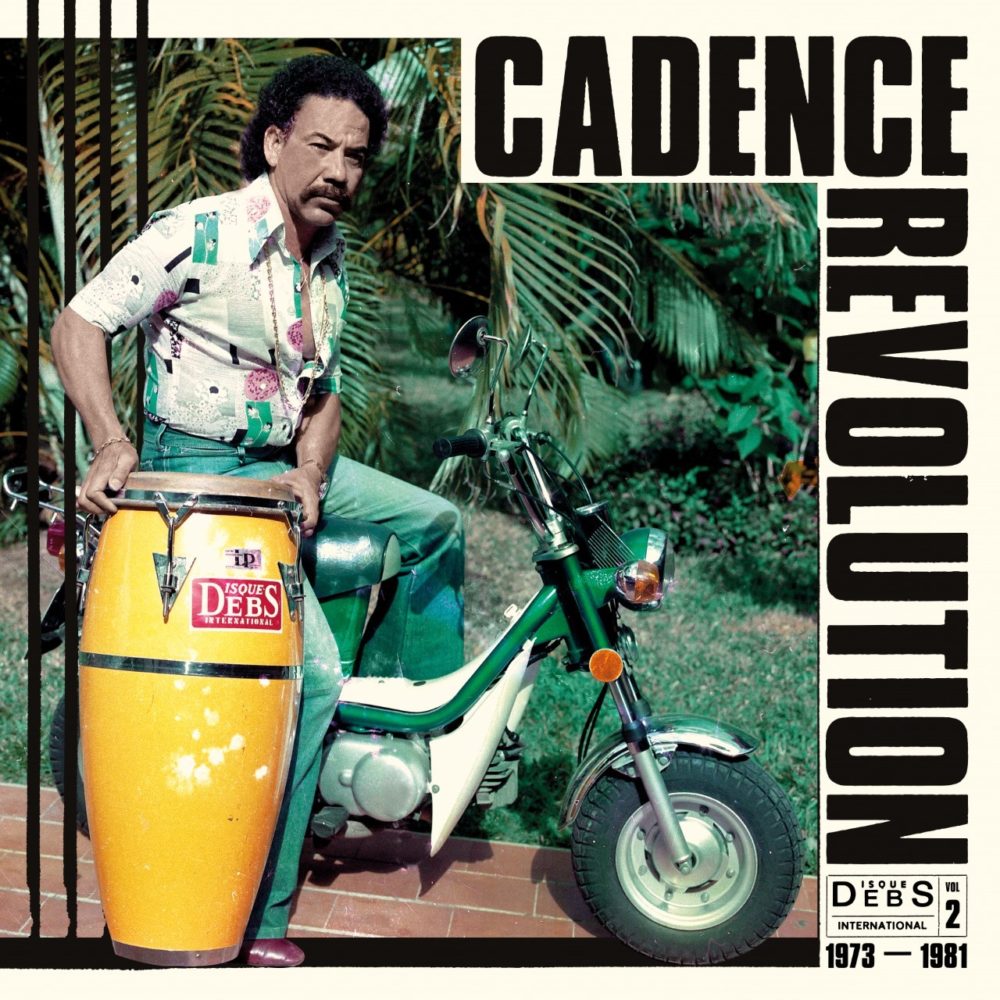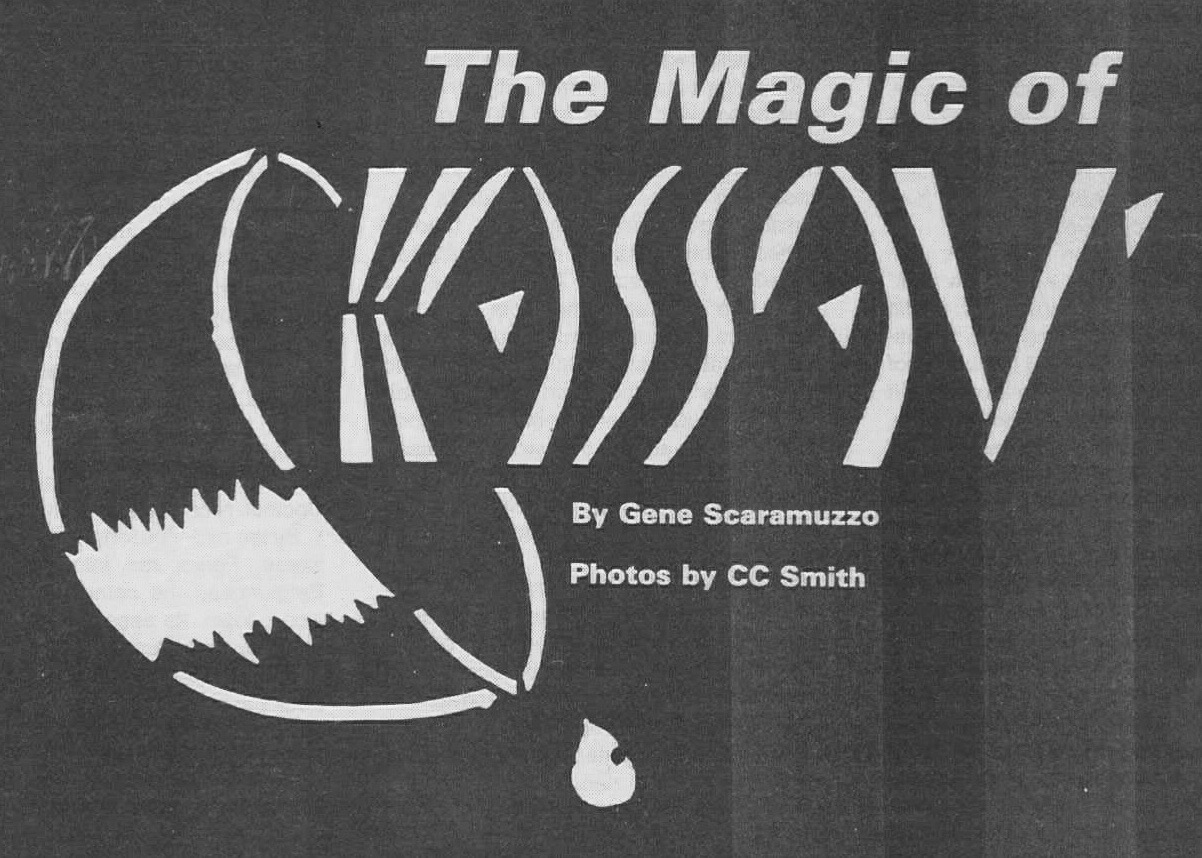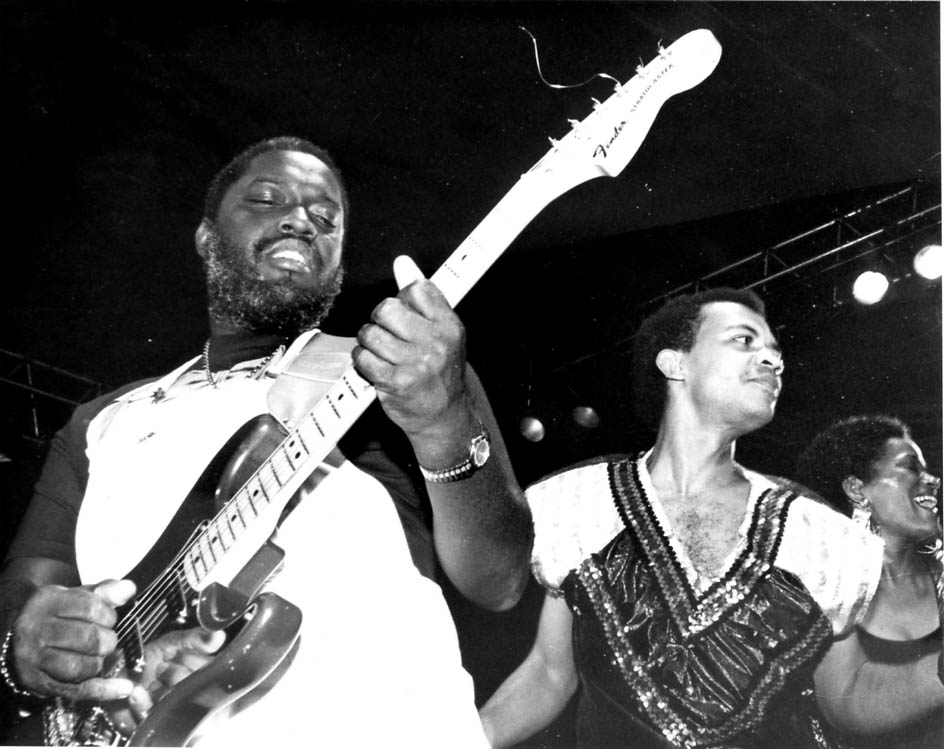
Right before zouk music gave the French Antilles their moment atop the Afro-Francophonic music world, the islands of Guadeloupe and Martinique were known for cadence—an unmistakably Caribbean melding of Haitian big band, mini-jazz and compas groups, with calypso, reggae, and rumbas from both Cuba and Congo along with homegrown biguine. If you're looking for a core sample of the “cadence era,” look no further than Disques Debs International Vol. 2: Cadence Revolution. Released on Feb. 14 by Strut Records, this second compilation drawn from the archives of Disques Debs International celebrates the '70s as seen from Henri Debs's label on Guadeloupe.
The studio of local club owner Henri Debs recorded local creole talent, releasing over 200 LPs and 300 45s over 50 years. Strut Records released the first compilation ever drawn from these archives in 2018 with Disque Debs International Vol. 1, which covered from 1960 to 1972.
To judge from the Debs archive, the '70s were a stylistically diverse time in the French Antilles. There are guitar-centered, Haitian-indebted tunes from artists like Tabou No. 2 and Smoke. But then there's still the big band-influenced jazzy biguine from from Ti Celeste, “Moin Envie Danser on Belle Biguine,” that culminates in a hypnotic, call-and-response over percussion. Guadeloupe had enviable recording facilities compared to its neighbors, so horn-forward cadence-lypso from neighboring Dominica is never far away, and the Midnight Groovers contribute a song that's so reggae that it's in English. “Ping Pong” by Guy Conquette would go on to be covered by the legendary Colombian Caribbean group Wganda Kenya.
As much as it is a celebration of the cadence “revolution,” the compilation also carries evidence of the end of the cadence era. The Antilles music scene was hit hard by inexpensive sound systems of the disco era—and if the track “Disco Funk” by Galaxy is any indication, the island groups weren't ready to slip into a straight-forward four on the floor—but a group of Antillean ex-pats in Paris were about to set the world ablaze with zouk. The comp's second track, a lean, Congolese-influenced guitar piece is by Les Vikings de la Guadeloupe, whose members will go on to combine funk, more West African and rock guitar with the islands' carnival beats and soca horns and create the worldwide phenomenon of zouk music by the group Kassav.
Cadence may live in the shadow of its musical heir, but as Disques Debs demonstrates, it paves the way for zouk as a distinctly and defiantly Caribbean genre. It also, this should be made clear, grooves.











